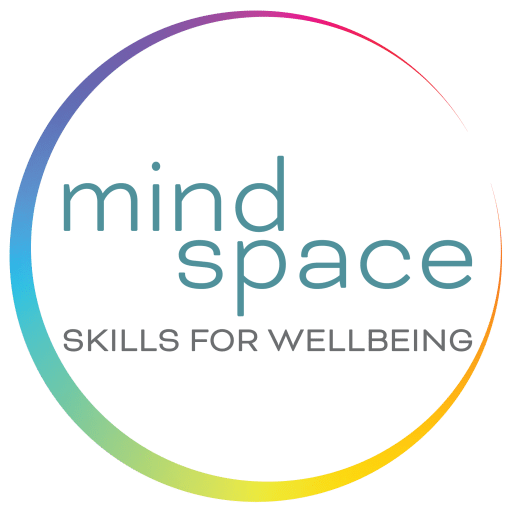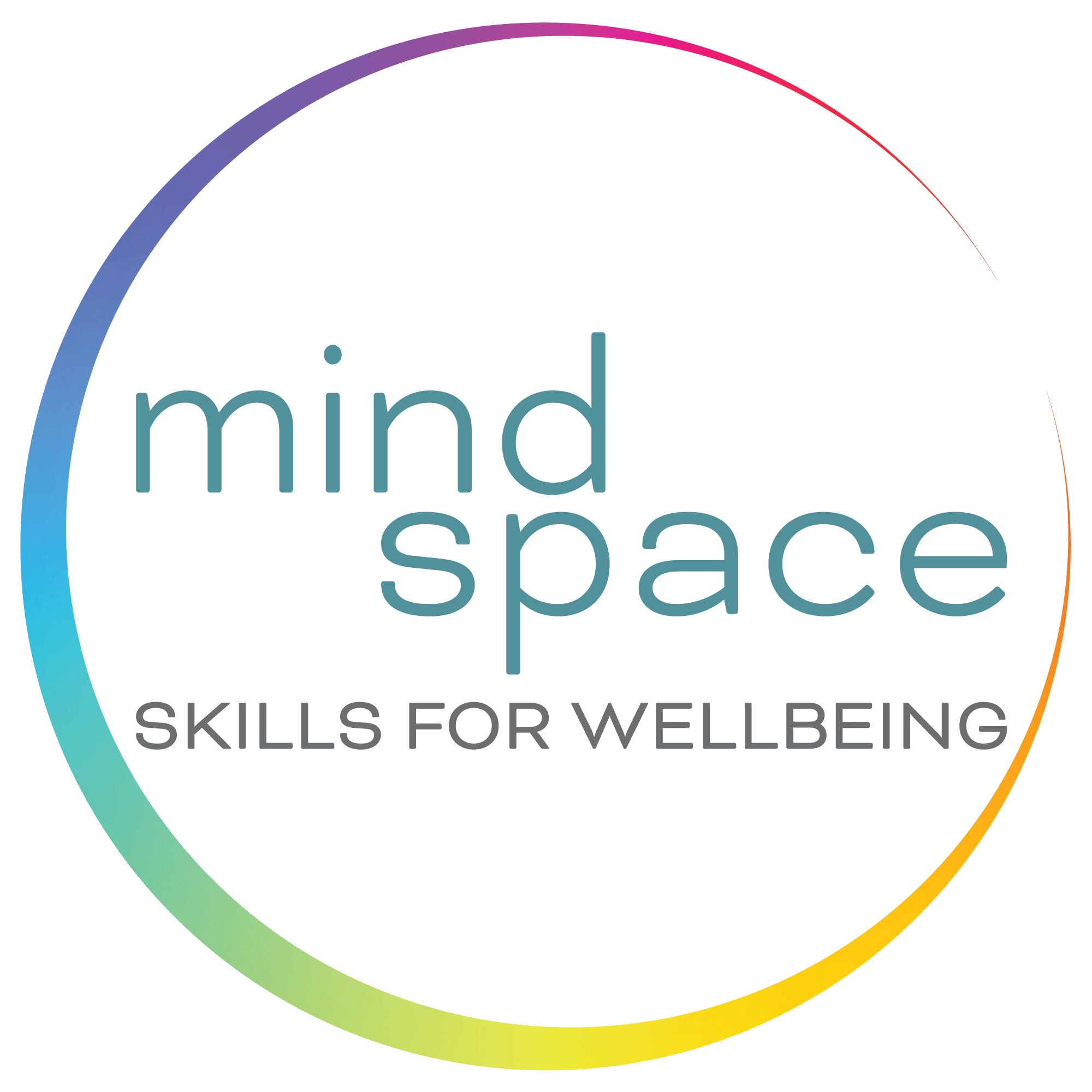Welcome to Mind Space!
Together we can create a safe space for people to learn practical tools and concepts to help you manage stress, emotions, and mental health challenges.
Overview of What to Expect
We know joining a new group can feel overwhelming — you’re not alone. Here’s what it’s like from a participant’s point of view, and what you can expect when you register.
What to Expect
In these groups, you’ll:
- Learn about how your brain and emotions work
- Discover helpful, evidence-based coping tools
- Practice skills you can use in daily life
- Connect with others in a safe, supportive environment
You choose how much you’d like to participate — there’s no pressure to share personal stories if you don’t want to.
A few more tips!
- Online groups: All participants are required to have their videos on throughout each session, and to be present in front of the screen to participate in the session. This is to promote confidentiality and security for you and your fellow participants.
- Must be be physically in BC for all group sessions
- 17.5 years of age and older
- Access to internet, Smart phone/computer/ipad
- Self select a group of your choice
Roadmap to Our Programs
Questions or Nerves?
Reach out anytime to hello@mind-space.ca. Our friendly admin team has taken these groups themselves and truly understands what to expect.
You’re Not Alone
Many people feel anxious before their first session. You are not alone in this — and you are worth this investment in yourself.
What is the ‘False Promise of Avoidance’?
Avoiding situations that cause anxiety might feel easier in the moment, but it often makes anxiety stronger over time. Showing up is an important step toward growth and confidence. Don’t let this get in the way of joining a group.
What Does That Mean?
When we feel anxious, overwhelmed, or uncomfortable, our brain tries to protect us by encouraging us to avoid whatever is causing those feelings.
It might say things like:
- “Don’t go — you’ll feel awkward.”
- “Just stay home — it’s safer.”
- “Maybe next time I’ll join a group.”
In the short term, avoiding uncomfortable situations can bring immediate relief — and that feels good for a moment.
But here’s the catch:
The more we avoid, the bigger our anxiety grows over time.
We miss out on chances to learn, connect, and build confidence. This is why it’s called the False
Promise of Avoidance — it promises relief, but actually keeps us stuck.

